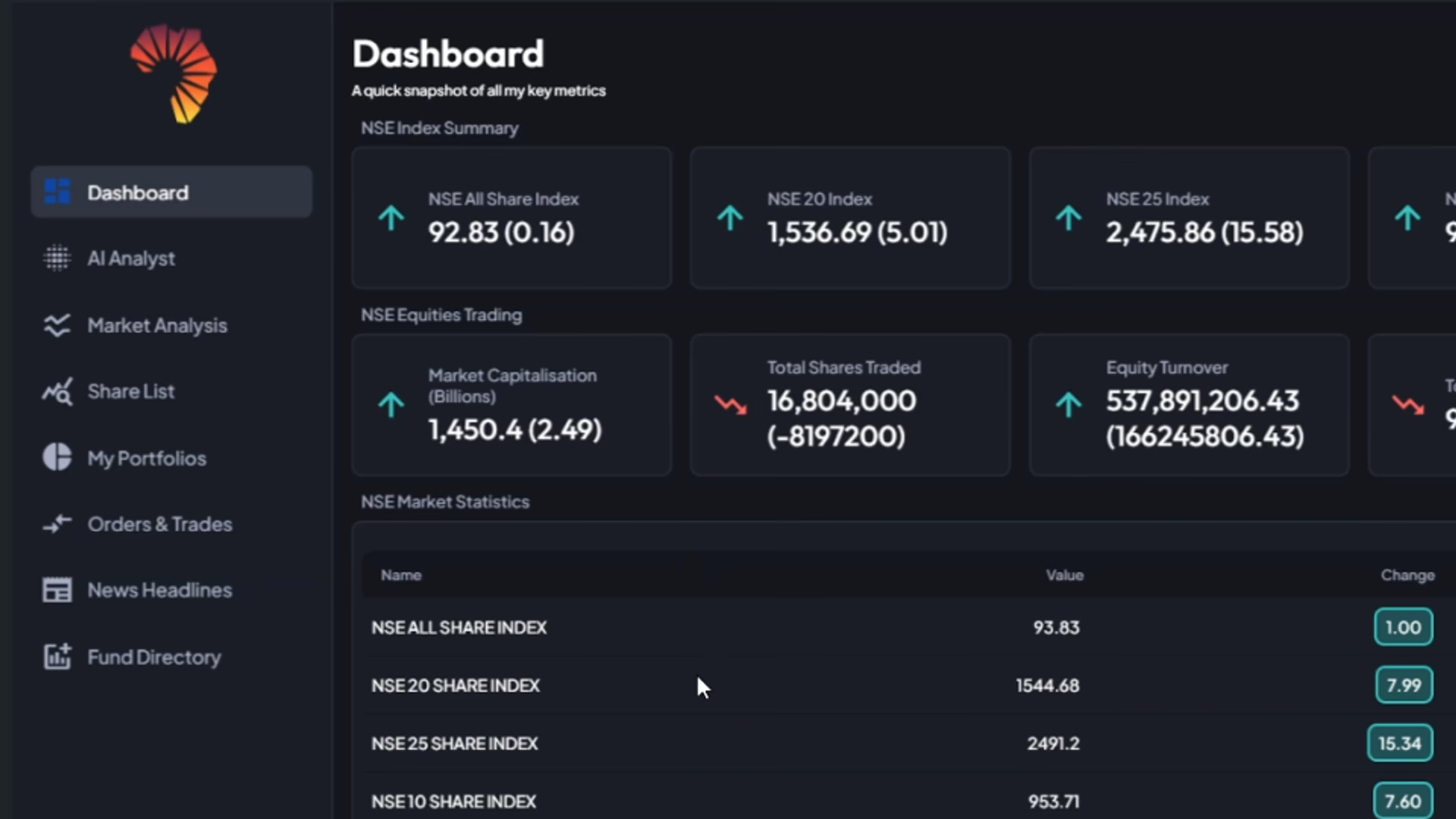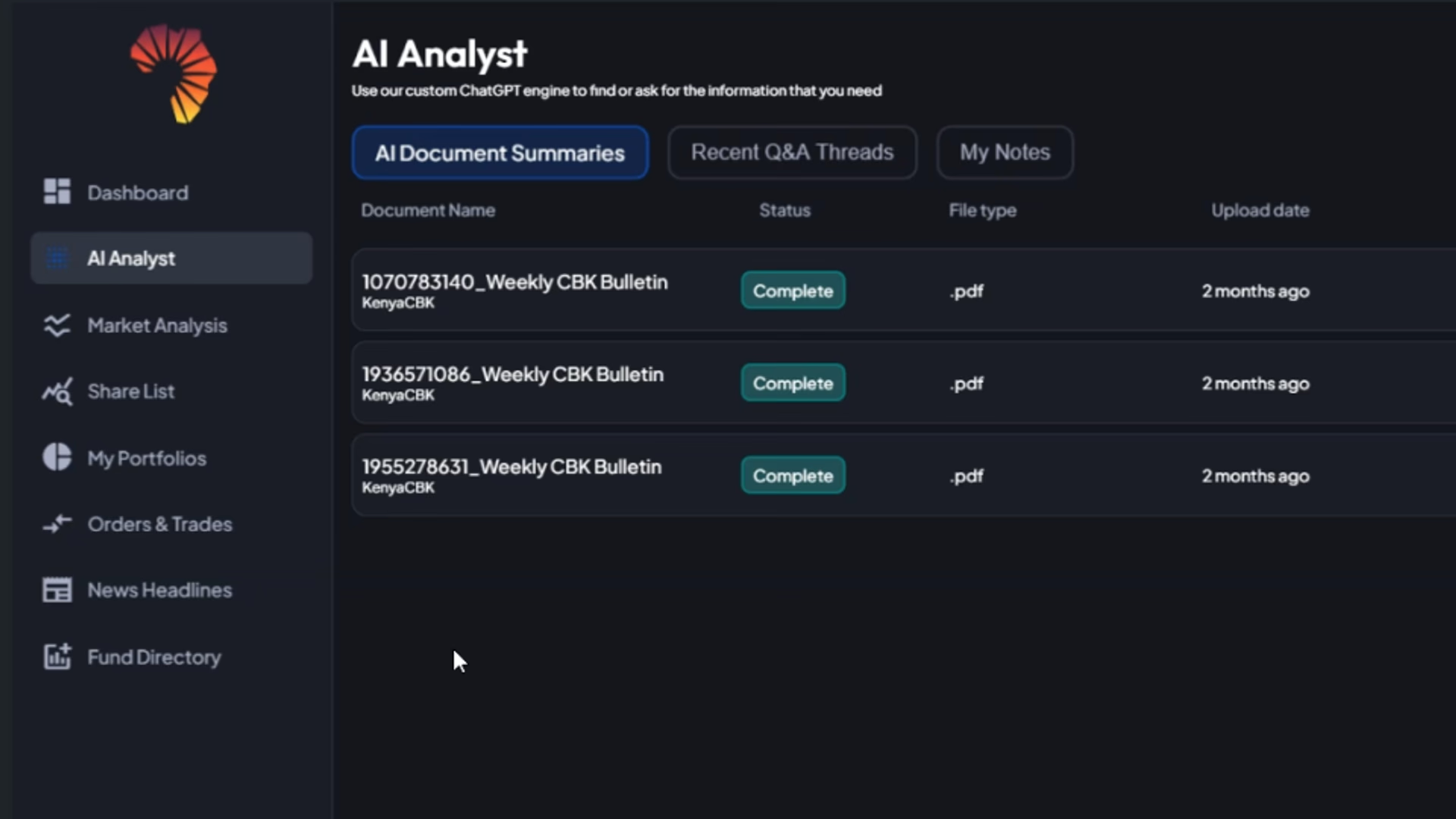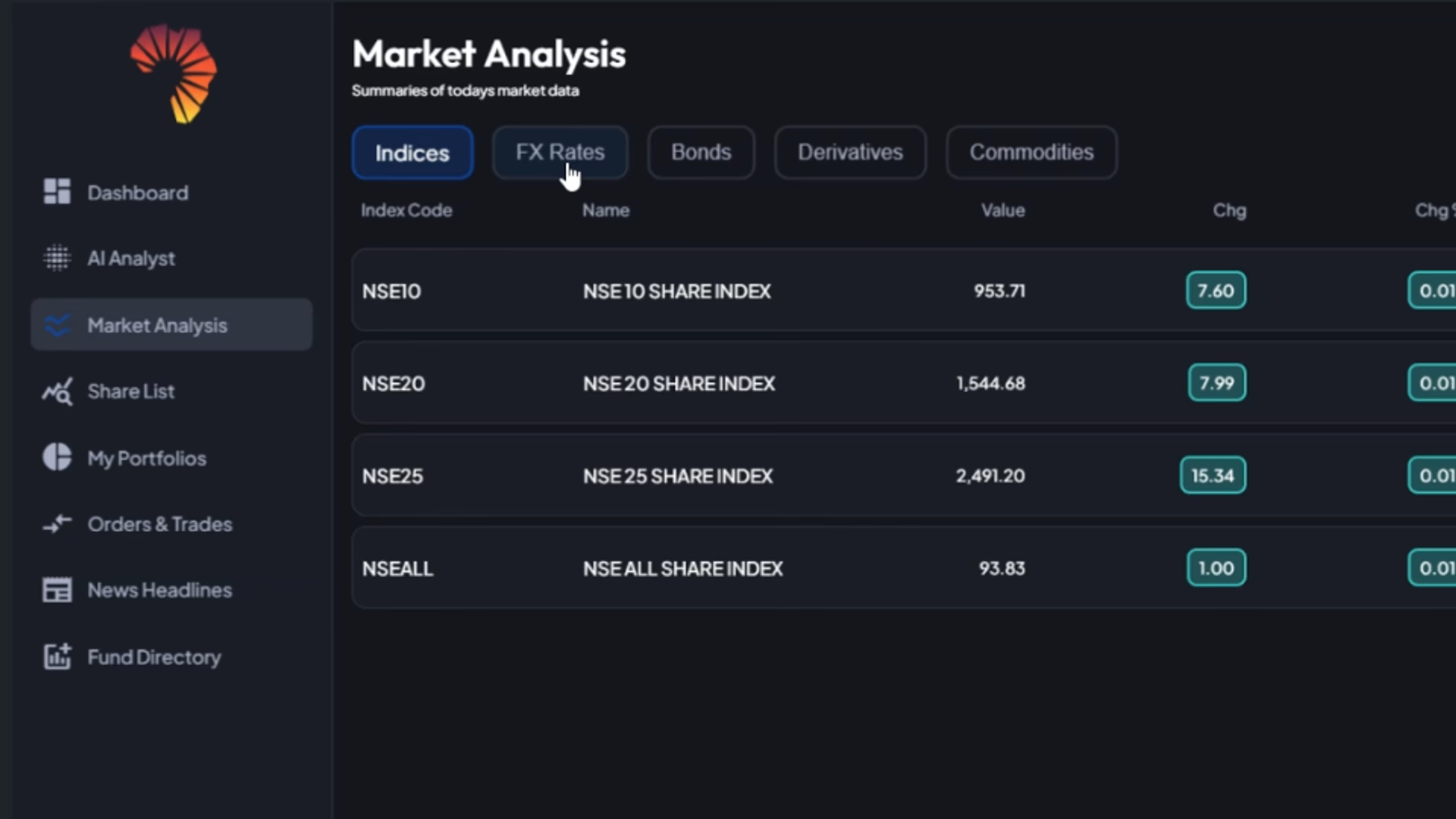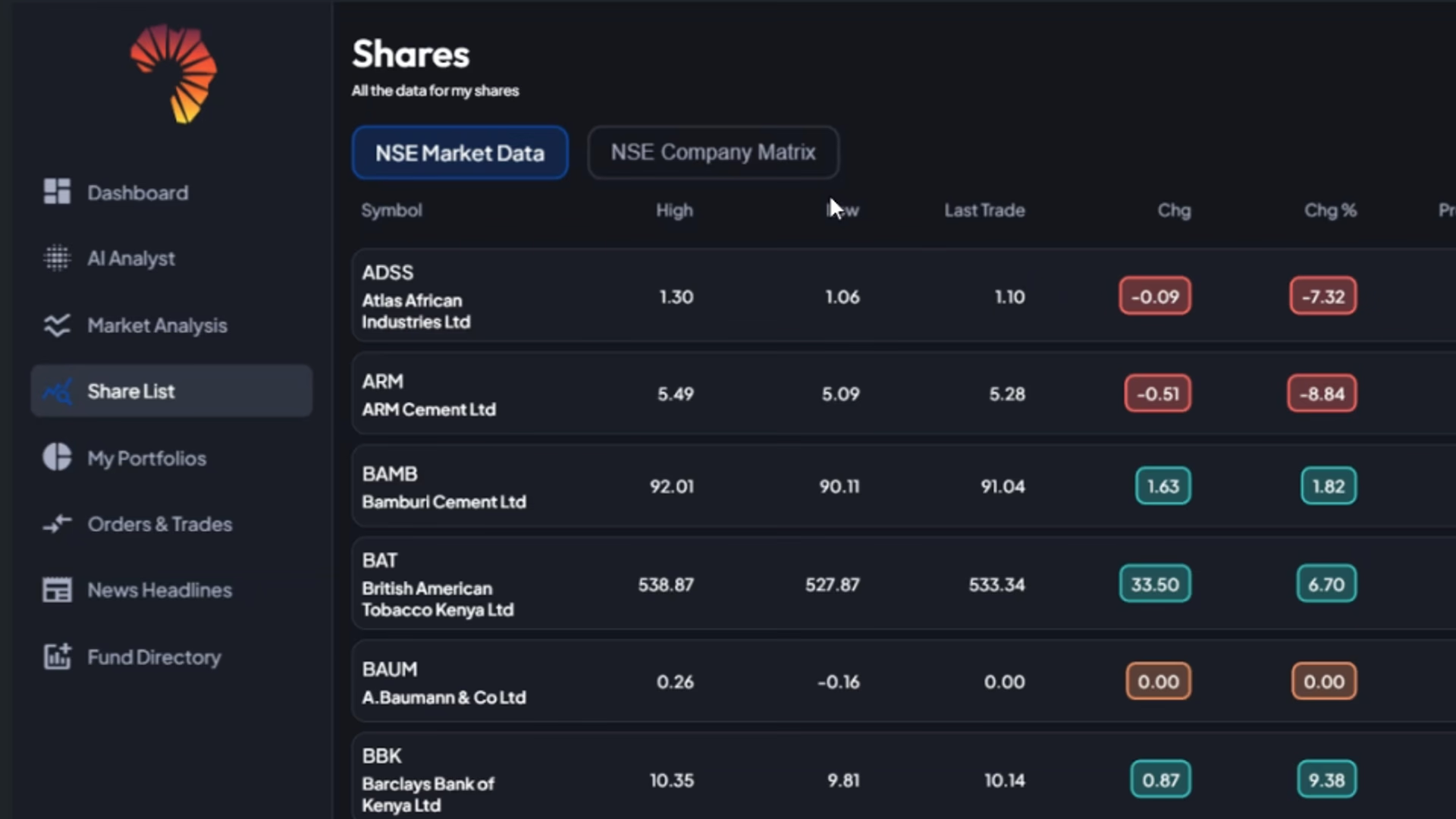As Brazil navigates the complexities of regulating its online gambling market, it stands to benefit significantly from studying Kenya’s approach. Kenya, a leader in the African online gambling market, presents a robust model with its well-regulated environment, strategic taxation, and a strong emphasis on consumer protection.
Kenya’s Online Gambling Landscape
Kenya’s online gambling industry is a testament to effective regulation. The Betting Control and Licensing Board (BCLB) oversees the sector, ensuring operators adhere to legal standards. This regulation has fostered a secure and thriving market. According to Statista data from 2021, Kenya has the highest gambling participation rate among the youth in Africa at 83.9%, highlighting the importance of its robust regulatory framework.
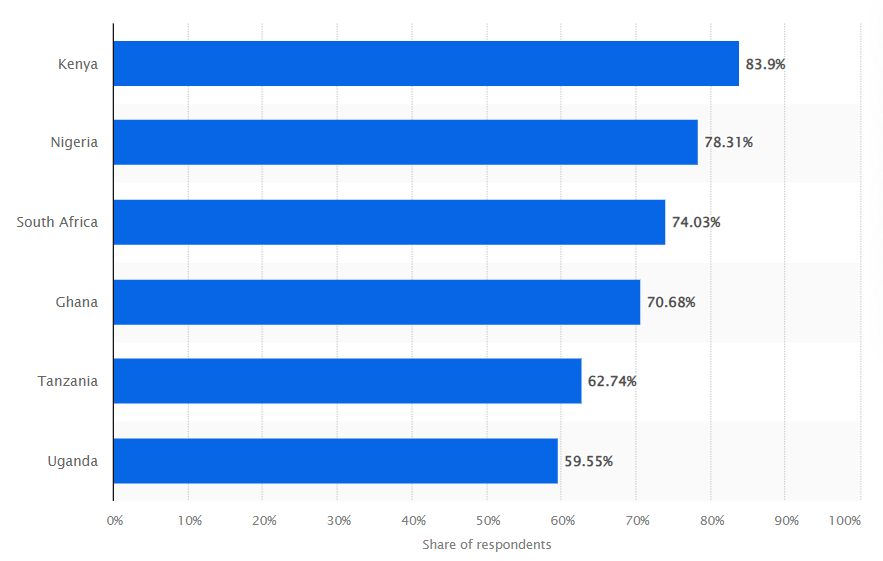
The online gambling market in Kenya, while smaller in absolute terms compared to larger economies, is significant relative to its economy. The market has seen steady growth, ensuring a stable future for the online casino market in Kenya, driven by technological advancements and increasing internet penetration. This growth underscores the effectiveness of Kenya’s regulatory and taxation strategies in managing a market with active participation.
Brazil’s Emerging Online Gambling Market
Brazil, with its vast population and passion for sports, is an emerging powerhouse in the iGaming industry. Currently, the Brazilian Senate is discussing the regulation of all forms of online gambling, including both sports betting and betting on RNG games like slots and crash games. While the process has been in place for several years now after the legalisation of sports betting, it is only recently that the country has looked to start regulating it.
In the most recent proceedings in the Senate, there has been much back and forth between those who are seeking to see regulation be pushed through for online casino games and those who feel it should not be included – with an estimated KSh 61.9 billion in revenue for 2024 on the line if it does not go through, there are a lot of reasons why it should be included in the regulation.
What Can Brazil Learn from Kenya’s Regulation?
Kenya’s success in creating a regulated online gambling environment is a model Brazil can emulate. Key elements towards Kenya’s regulation include licensing and oversight, balancing market growth with regulation, and adapting to technological changes.
- •Licensing and Oversight: Kenya’s BCLB ensures that all operators meet strict standards, promoting a fair and secure gambling environment.
- •Balancing Growth and Regulation: Kenya has found a sweet spot in regulating the market without stifling growth, ensuring a competitive yet fair landscape.
- •Adapting to Technology: Kenya’s regulatory framework is responsive to new online gambling formats, ensuring they are quickly brought under regulatory purview.
Kenya’s approach to taxation ensures that a portion of gambling revenues supports social programs. This strategy, involving sustainable tax rates and tax incentives for compliance, could benefit Brazil’s economy.
- •Revenue Redistribution: Kenya’s model of using gambling tax revenue for social good sets a precedent for how Brazil can use these funds effectively.
- •Sustainable Tax Rates: By setting tax rates that are neither too high nor too low, Kenya has struck a balance that encourages industry growth while ensuring significant revenue for the state.
- •Tax Incentives for Compliance: Offering tax incentives for legal compliance encourages operators to adhere to regulations, enhancing overall market integrity.
Kenya’s focus on responsible gambling and consumer protection offers a blueprint for Brazil. Implementing responsible gambling measures, protecting vulnerable groups, and ensuring transparency and fair play are crucial aspects.
- •Responsible Gambling Measures: Kenya’s implementation of self-exclusion programs and betting limits is a model for Brazil to mitigate gambling-related harm.
- •Protecting Vulnerable Groups: Special attention to minors and vulnerable populations in Kenya demonstrates the importance of safeguarding these groups in Brazil.
- •Transparency and Fair Play: Ensuring that operators provide clear information about games and odds helps maintain a fair and transparent gambling environment.
Conclusion
By adopting a balanced approach emphasising regulation, consumer protection, and economic benefits, Brazil can unlock the full potential of its iGaming industry. This promises significant economic gains and ensures a safe and responsible gambling environment for its citizens. The lessons from Kenya, particularly through effective regulation, strategic taxation, and consumer protection, provide a comprehensive roadmap for Brazil to develop a thriving and responsible online gambling ecosystem.

